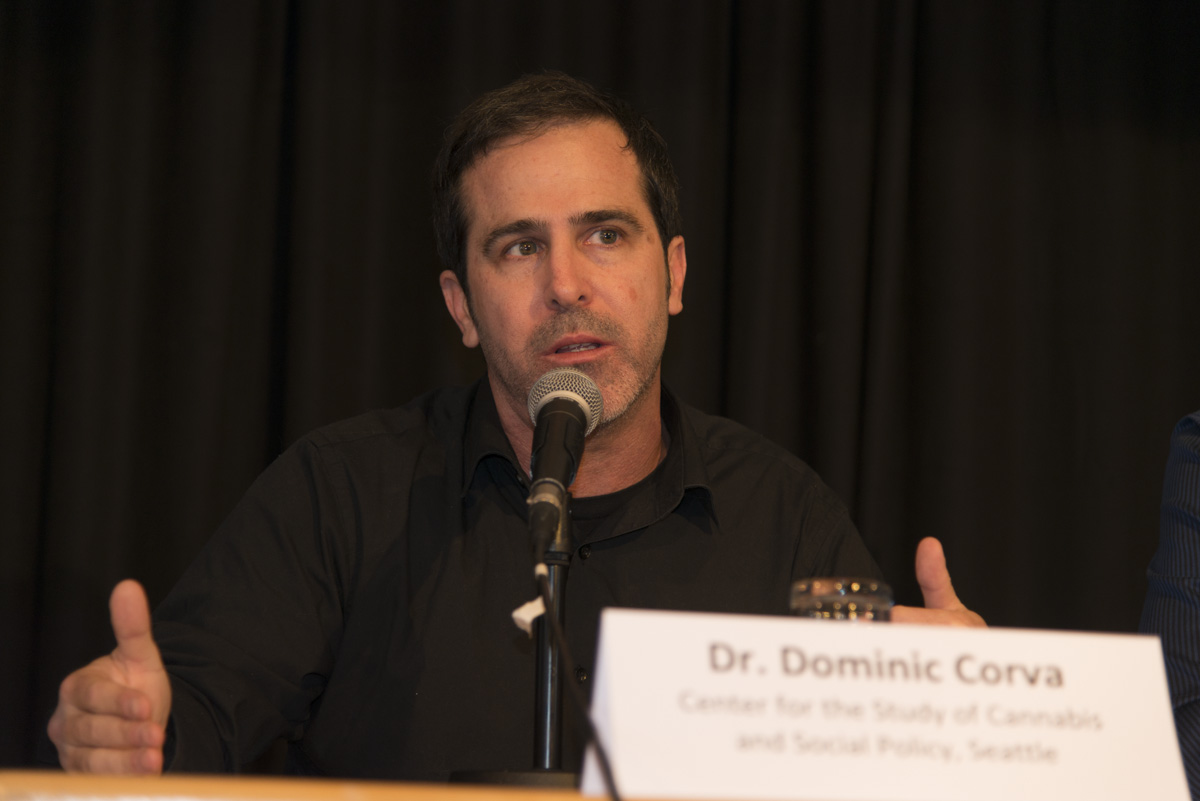by Dominic Corva, Executive Director
The following text was sent as my response to Senator Kohl-Welles’ draft medical marijuana legislation that was circulated around November 20th. The Senator’s staff is at work re-drafting in light of feedback she has requested from cannabis stakeholders, and it will be interesting to see if and how this synthesis of feedback may be incorporated. I do not include the attached line-item feedback that was sent, as that’s not the purpose of this post.
The second part of the message communicates information that is not directly relevant to the Senator’s draft language. It is, however, a concise re-statement of necessary information for any legislator or policymaker that thinks shutting down medical cannabis markets will mitigate black market activity. I believe that the opposite is true, and have been asked by one of our lobbyists to get that information to legislators, given its contradictory implications for what the legislature thinks would happen.
As always, I present this information less to represent any particular agenda, including Medical Cannabis, and more to optimize the ecology of cannabis policies evolving in Washington State.
Dear Senator Kohl-Welles,
Sorry for the delay! It does allow me more considered synthesis.
First, I want you to know I understand that there are political considerations for legislative proposals and that none of my suggestions that are not politically feasible should be taken as end-point critiques. They do however provide starting points for getting, eventually, to reality-based rather than politically-based policy. The sooner we get there the better, but I believe that cannabis legalization is first about ending the drug war, and that means political considerations are paramount.
This applies especially to all efforts to legislate the patient-doctor relationship when it comes to cannabis, as opposed to existing patient-doctor relationship regulations via DOH oversight. The very concept of “approved conditions” falls into this category. Legally, of course, since medical cannabis operates in the fictional world of controlled substance categories, “approved conditions” are conditions that are politically acceptable contradictions of Federal law — space for policy to work despite or in the face of absolute legal prohibition. What seems to be desperately needed is research that expands those politically acceptable conditions; but the reality is that that will come sooner or later and we will eventually arrive at common sense: all conditions that an informed and educated doctor deems appropriate should be allowed. Of course, we need broad training for medical doctors because they have far less knowledge about what conditions people use cannabis for than the people that actually use cannabis for said conditions, regardless of law or authorized medical supervision. I understand the State is dedicating money towards this end, so highlighting this process publicly is very important.
Regarding plant limits for personal gardens: I think it’s very important to distinguish between flowering and nonflowering plants. The latter have no economic or recreational value (ie active THC), and the former are necessary for breeding and phenotype selection for optimizing getting the chemotype you want.
Regarding extracts: Solventless whole plant extractions (ie no butane or C02 extractions pose no risk of any sort) and should not be prohibited from home production.
I have a number of other comments in the text of the hopefully successfully attached document, please look at those.
In general, this is a much more reality-based legislative proposal than any I’ve seen, and I hope it sets us down that path.
Finally, I’ve been asked to share information with you that has meta-implications for the political field in which decisions about “medical marijuana” get made. I understand the politics of regulating medical marijuana to be influenced mostly by the state’s desire for revenue. As I see it, policymakers don’t understand the reality of WA State cannabis markets or consumption, and think that medical cannabis IS the black market; and that most medical cannabis is produced in-state.
The reality is that Washington imports far more cannabis than it consumes, especially from California. That means that at least 50% of the product in dispensaries probably comes from California, and will not stop coming to WA state if medical access points are closed down. Instead, it will divert to black market distribution. WA is also a transit state: a huge amount of cannabis that comes from CA is re-exported elsewhere.
Finally, policymakers do not understand that a significant chunk of the black market cannabis that comes up here not only ends up in access points, but is distributed the old fashioned black market way. Black market consumers will not turn to regulated markets until prices and quality approach comparability. Therefore, medical cannabis regulations that close off paths to legitimacy stimulate, rather than mitigate, the prevalence of black market proliferation in WA state.
In general, it is profoundly naive to think that I-502 plus stricter medical regulations will necessarily shrink black market activity. The opposite is true; and under conditions of Federal and Global prohibition the black market will not be mitigated any time soon. The peaceful and socially optimal approach is to create more pathways out of the black market, on the one hand; and to “overgrow” the black market so that consumers prefer and are able to purchase regulated cannabis. We need more (in-state) medical and legal production for this to happen.
It is important to understand that the above information can be used the wrong way — against medical access points, on account of so much of their product coming from out of state. No matter how shady an access point is, it is a step towards legitimacy and a great alternative to truly underground transactions.
Thank you for your time and attention,
Dr. Dominic Corva
Executive Director
Center for the Study of Cannabis and Social Policy
www.cannabisandsocialpolicy.org
